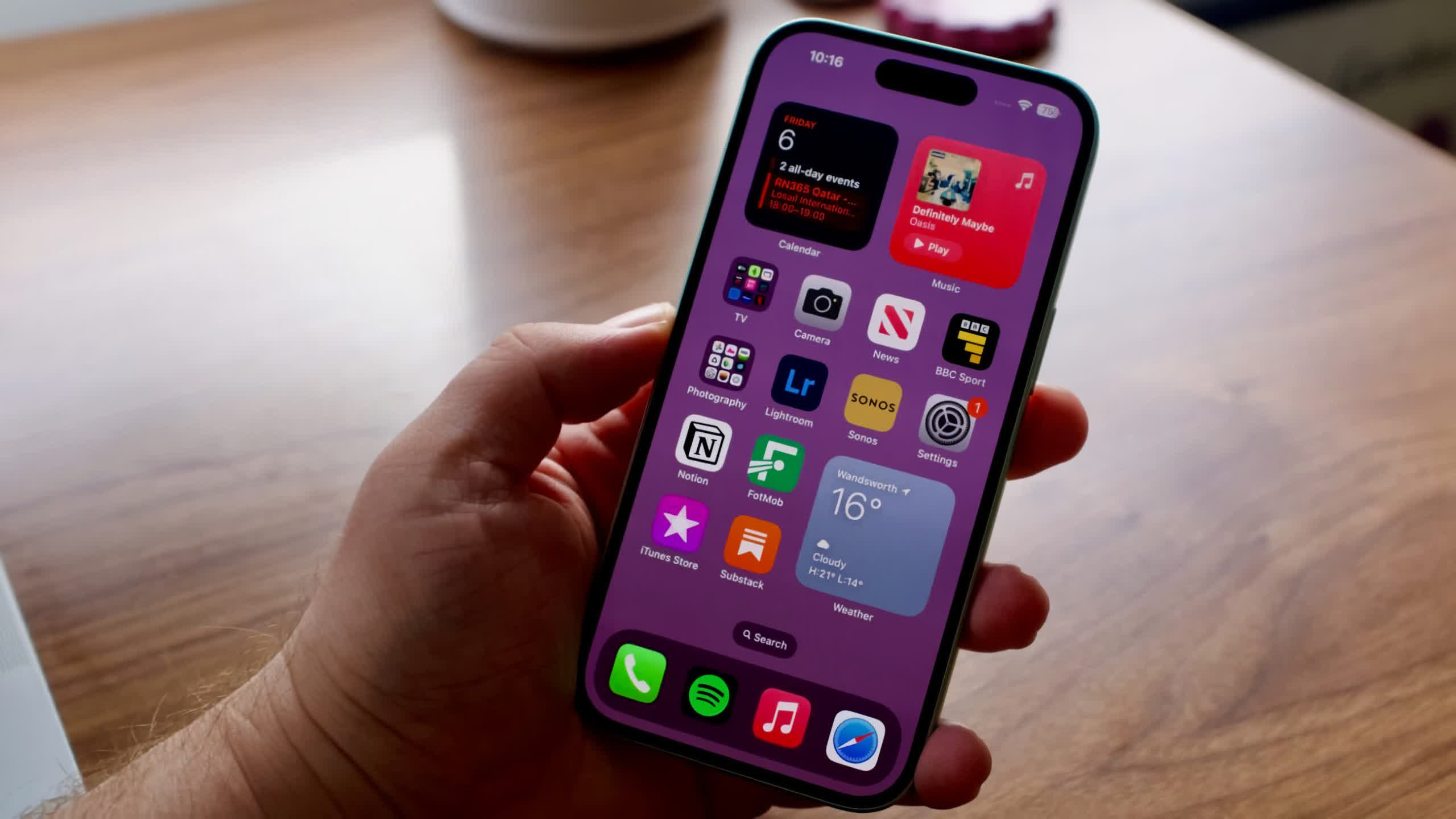Tech
Apple updates warranty coverage to exclude hairline cracks in iPhone and Apple Watch displays

WTF?! Apple claims it focuses on making products that are less likely to break rather than on making them easier to repair. That statement’s unlikely to comfort anyone with a hairline crack in their iPhone or Apple Watch, which is no longer covered under the company’s standard warranty.
The standard one-year warranty that Apple includes with all its products doesn’t include cosmetic damage to the devices, such as scratches and dents, unless it can be proved that Apple was to blame (e.g., a manufacturing fault). Apple has, however, covered single hairline cracks in iPhones and Apple Watch displays provided there was no visible other damage or an obvious point of impact that caused the crack.
As reported by 9To5Mac, Apple is no longer covering these cracks under its standard warranty; instead, they are being processed as “accidental damage” claims, meaning users will have to pay the full amount for them to be fixed.
The publication writes that Apple changed its policy in updates distributed to Apple Stores and Apple Authorized Service Providers this week. With hairline display cracks no longer being classed as a screen defect, the full cost of repair will fall on owners. Only iPhones and Apple Watches have been affected so far; iPad and Mac owners are still covered for these types of cracks.
As noted by The Verge, repairing the screen of an out of warranty iPhone 15 Pro Max costs $379 while older handsets are $129. The price is $29 for all models if you have Apple Care Plus. Screen repair costs for Apple Watches, which fall under Other Damage, range from $249 to $800 based on model, or $69 to $79 with Apple Care Plus.
Apple has spent years pushing back against the right-to-repair movement, but Cupertino has softened its stance in recent times. An expansion of the iPhone repair program this fall will allow customers and independent repair shops to utilize genuine used parts to replace common components like displays, batteries, and cameras.
Tech YouTuber Marques Brownlee recently visited one of Apple’s (usually super secretive) labs to see how it tests the durability and water resistance of the iPhones. John Ternus, Head of Hardware Engineering at Apple, told Brownlee that Apple focuses more on making a product that never fails rather than one that isn’t super reliable but is super easy to repair.


)






